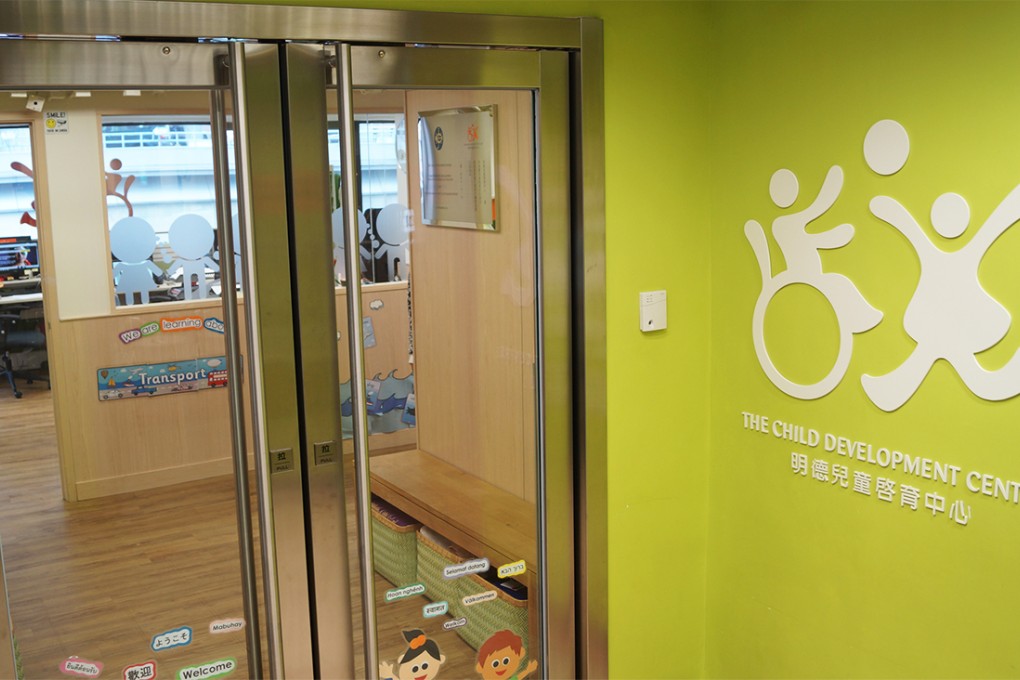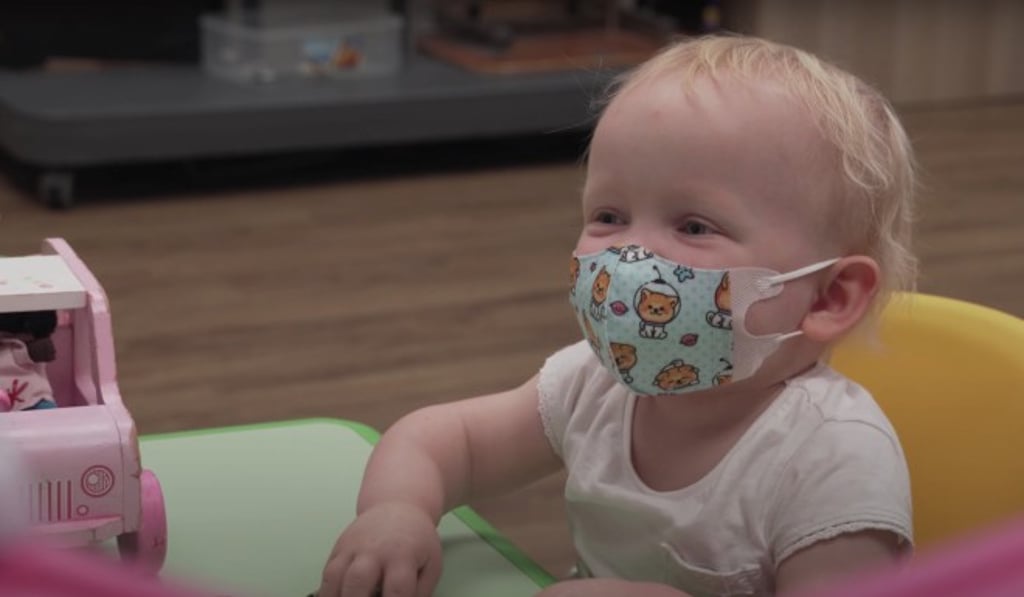Does my child have additional or special needs?

By Dr. Yvonne Becher, Chief Executive / Director, Programme Development and Learning
PhD (HKU), MClin Psych (Macquarie U., Austrl.), BA(Hons.), The Child Development Centre
Parents often enter unknown territory when they are told or suspect that their child has a delay or disability. The following ideas may help parents to get some clarifications.
When should parents be concerned and what should they look out for?
Regression or losing skills, skill delays, or atypical behaviours for your child’s age or character may send you “red flags” or reason for concern which warrant further investigation by a professional.

Instead of a single focus, observe and visually record or write down all of your child’s behaviours over a two-week period. Include all behaviours to get a comprehensive overall developmental picture — those which concern you as well as those that seem okay. Make sure to include physical skills (jumping, balancing on one leg, kicking/ throwing a ball), self-help skills like the ability to independently dress (or undress), feeding, using the toilet, and even their temperament – do they cry easily or a lot, are they curious, etc.
Be specific on how much language your child understands and speaks, as language delay is quite common but can also be one of the earliest and vital indicators of more complex delays or disabilities.
In addition, does your child pay reasonable attention and show imagination? What toys and activities do they prefer or dislike, and how do they play with other children? Do not worry if you are unsure if their skills are age-appropriate or not, as these will be questions asked during an assessment by a professional who will be able to tell you the age expectations in relation to your child’s abilities.